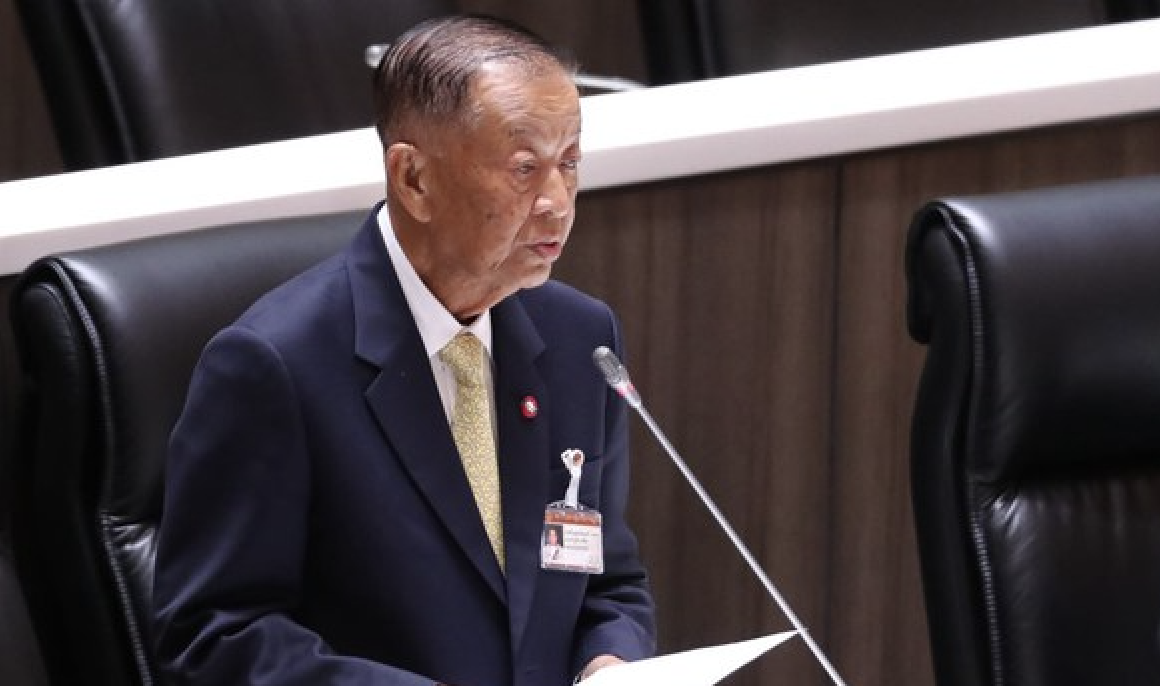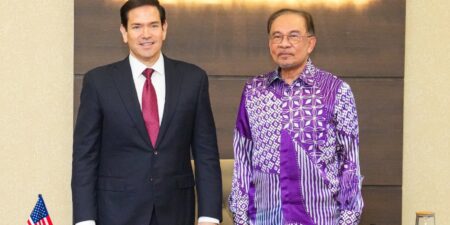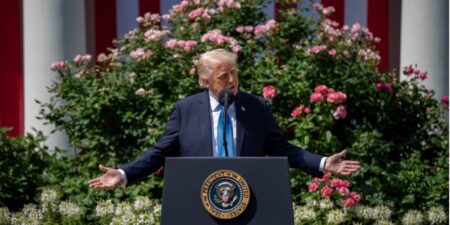The BGA Thailand Team, led by Managing Director Teerasak Siripant, wrote an update to clients on the opening of Thailand’s House of Representatives and the election of a speaker ahead of the July 13 vote for a new premier.
Context
- Thailand’s House of Representatives convened its first meeting July 3, seven weeks after a watershed election and two weeks after the Election Commission’s official endorsement of the poll results. King Maha Vajiralongkorn presided over the House’s first session, which will last 120 days until October 30.
- The House’s first order of business was to choose a new speaker, who automatically assumes the position of Parliament president and plays a key role in setting the legislative agenda, priorities and timeline. Move Forward and Pheu Thai — the two largest-winning parties with 151 and 141 members of Parliament (MPs), respectively, and forming the core of an eight-party and 312-member coalition government in waiting — squabbled over the position. In a compromise, the post was awarded to Wan Muhamad Noor Matha (Wan Noor), a respected 79-year-old veteran politician from Prachachat Party.
Significance
- Speaker Wan Noor and his two deputies will play an instrumental role in agenda-setting and have the supervision and oversight to choose which bills are introduced, debated and set for a vote. Move Forward had the most at stake on the speakership because of its unprecedented proposals to reform powerful institutions, such as the military, monarchy, bureaucracy and business oligopolies. The speaker is empowered to nominate a prime minister for whom the joint assembly will vote. Although he is respected and accepted by the main political parties, Wan Noor will be tested on his impartiality. How he performs as speaker may set the stage for who gets to be prime minister and form the coalition government and which reform bills are passed or shelved. This was Thailand’s fiercest and most controversial speakership contest because Move Forward’s transformative reform plans pose an existential challenge to the country’s established centers of power.
- Despite commanding 292 combined seats, Move Forward and Pheu Thai have been uneasy bedfellows, caught up in gamesmanship and tricky bargaining over the speakership. The spat could portend difficulties for the young and progressive Move Forward MPs to work with old-style Pheu Thai, not to mention reconcile their opposing views on key economic policies and amending the lese majeste law. Move Forward’s priority is to distribute the economic pie more evenly while growing it, while Pheu Thai’s approach is to keep the pie growing with trickle-down benefits. The tension also stems from the two parties’ different support bases; Move Forward is more popular in urban areas and Pheu Thai in rural heartlands.
Implications
- A joint assembly comprising the 500 MPs and 250 military-appointed senators will meet July 13 to vote for the next prime minister. The post-election imbroglio could lead to at least four plausible scenarios:
- First, Move Forward and Pheu Thai lead a successful alliance and Move Forward leader Pita Limjaroenrat becomes prime minister of the 312-MP coalition government, thanks to enough numbers of conscientious senators. This equation looks less likely because senators have spoken out against Move Forward’s royal reform programs.
- This leads to a second scenario in which Pheu Thai will likely take the lead in the same coalition after an attempt to nominate Pita becomes futile. This outcome might suggest that the conservatives accept and prefer Pheu Thai to Move Forward as a lesser evil.
- A third scenario could see Pheu Thai align with pro-military parties, such as Palang Pracharat and Bhumjaithai, leaving Move Forward out and relegated to the opposition.
- Finally, the prospect of a minority government should not be dismissed. If not enough Senate votes go to both Move Forward- and Pheu Thai-led government formations, a smaller party from the opposing pro-military side could introduce a candidate to nab the premiership and leverage resources to poach turncoats from Move Forward and Pheu Thai to join the government and reach the 251 House majority to legislate.
- The highly anticipated and contested outcome will set Thailand’s political direction for the foreseeable future. The Move Forward-Pheu Thai alliance with its one-chamber majority of 312 needs 64 more votes from the Senate to command the constitutionally mandated bicameral majority of 376 parliamentarians. Political maneuvering and uncertainty pervade the scene as the conservative establishment and its Senate allies line up against Move Forward’s reform agenda, especially its pledge to amend Article 112 of the Criminal Code — the lese majeste law — and its stiff penalties against royal insults. Moves are afoot to sideline Pita from the premiership and the party from the government coalition partnership, with implications for social unrest. A prolonged political impasse on the premiership choice and government formation would dampen investor confidence and put pressure on the stock market.
We will continue to keep you updated on developments in Thailand as they occur. If you have any comments or questions, please contact BGA Thailand Managing Director Teerasak “Art” Siripant at tsiripant@bowergroupasia.com.
Best regards,
BGA Thailand Team

Managing Director
Art is an intuitive leader with a strong set of relationships with Thailand’s government, business, media and civil society leaders. His network spans a diverse set of stakeholders, from farmers in rural Thailand to the top echelons of Thailand’s political leadership. Prior to joining BGA, Art spent a decade serving as the chief political advisor to the Australian ambassador to Thailand. In this role, he had a front row seat to the most significant political and economic developments in Thailand. Earlier, he served as an army intelligence officer in the Royal Thai Armed Forces. Art has played a central role ...
Read More


























